Greek Mythology
-
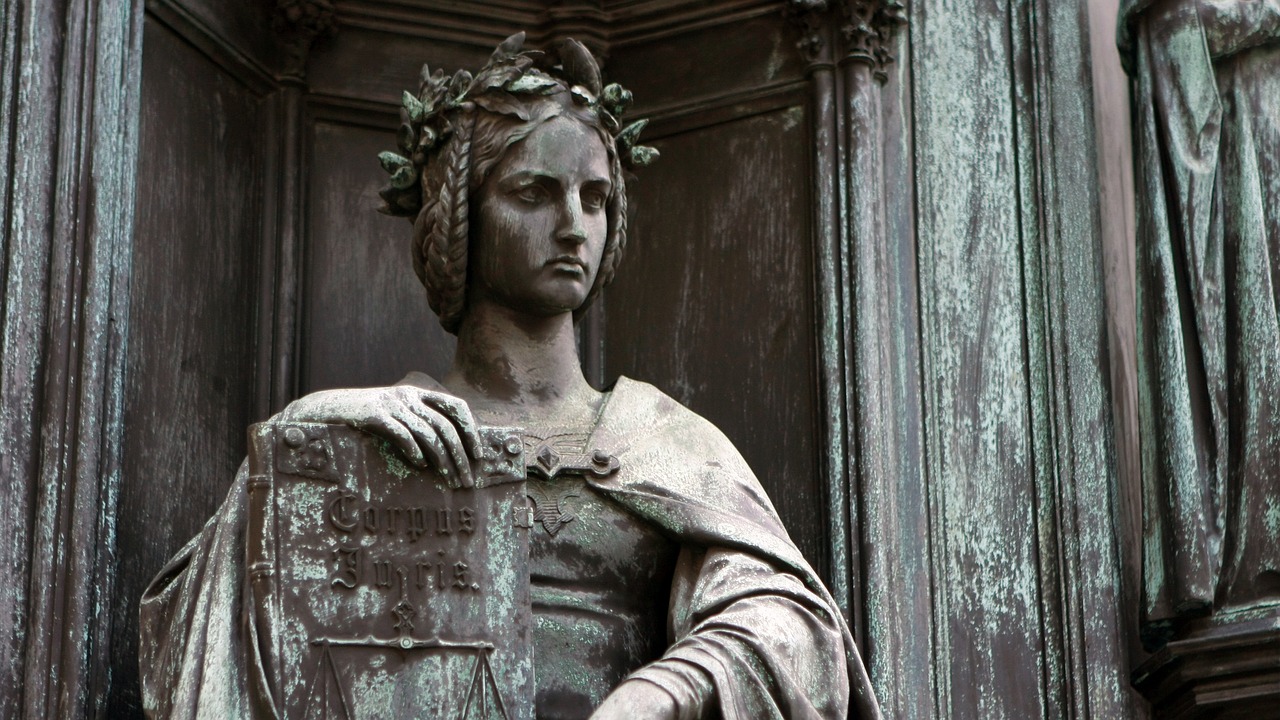
In Greek mythology, Cronus, also referred to as Kronos, is considered a Titan and the youngest offspring of Uranus (the sky) and Gaia (the earth). He famously ousted Uranus to ascend as the world’s inaugural king, reigning alongside his fellow Titans. Cronus entered into marriage with his sister, Rhea, but ultimately faced insurrection from his…
-
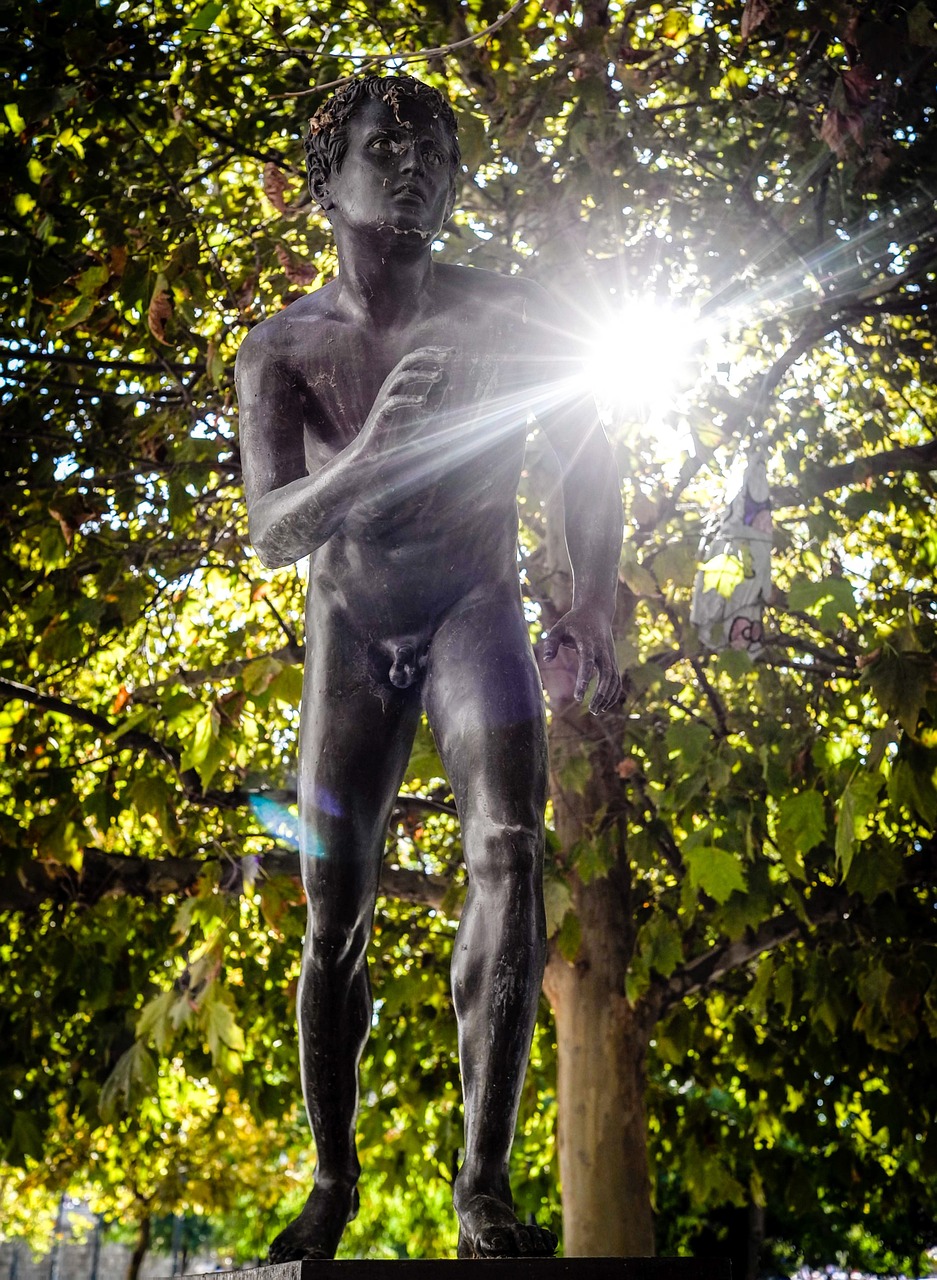
The reign of Zeus signifies a pivotal moment in human history where the intellect begins to dominate the life forces. This period also ushers in extended cycles of mental evolution, during which humanity frequently drifts away from the truth of existence. This phenomenon is epitomized by the myths of Prometheus—Punished for his enlightenment—and his sibling…
-

Ares, in the realm of Greek mythology, is recognized as the god of war, embodying the essence of battle and its brutal realities. Unlike Mars, his Roman equivalent, Ares did not enjoy widespread reverence among the Greeks. He was seen as a less favorable figure, representing the darker aspects of conflict and bloodshed. According to…
-
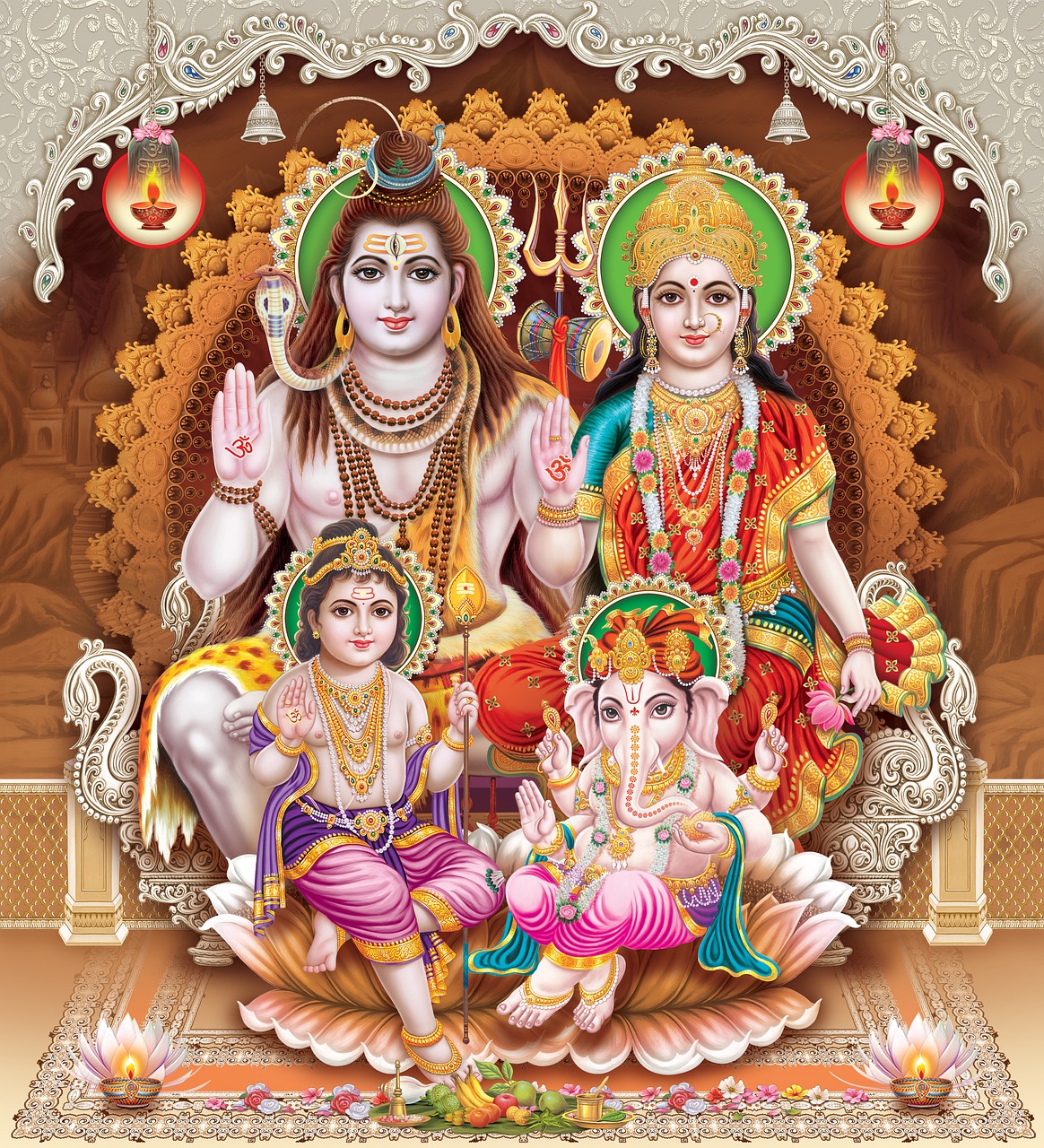
Zeus, the chief deity of ancient Greek religion, is a figure deeply rooted in myth and culture, synonymous with the Roman god Jupiter. His name likely has its origins in the sky god Dyaus, found in ancient texts like the Rigveda. Revered as the overseer of thunder, lightning, rain, and winds, Zeus wielded the thunderbolt…
-
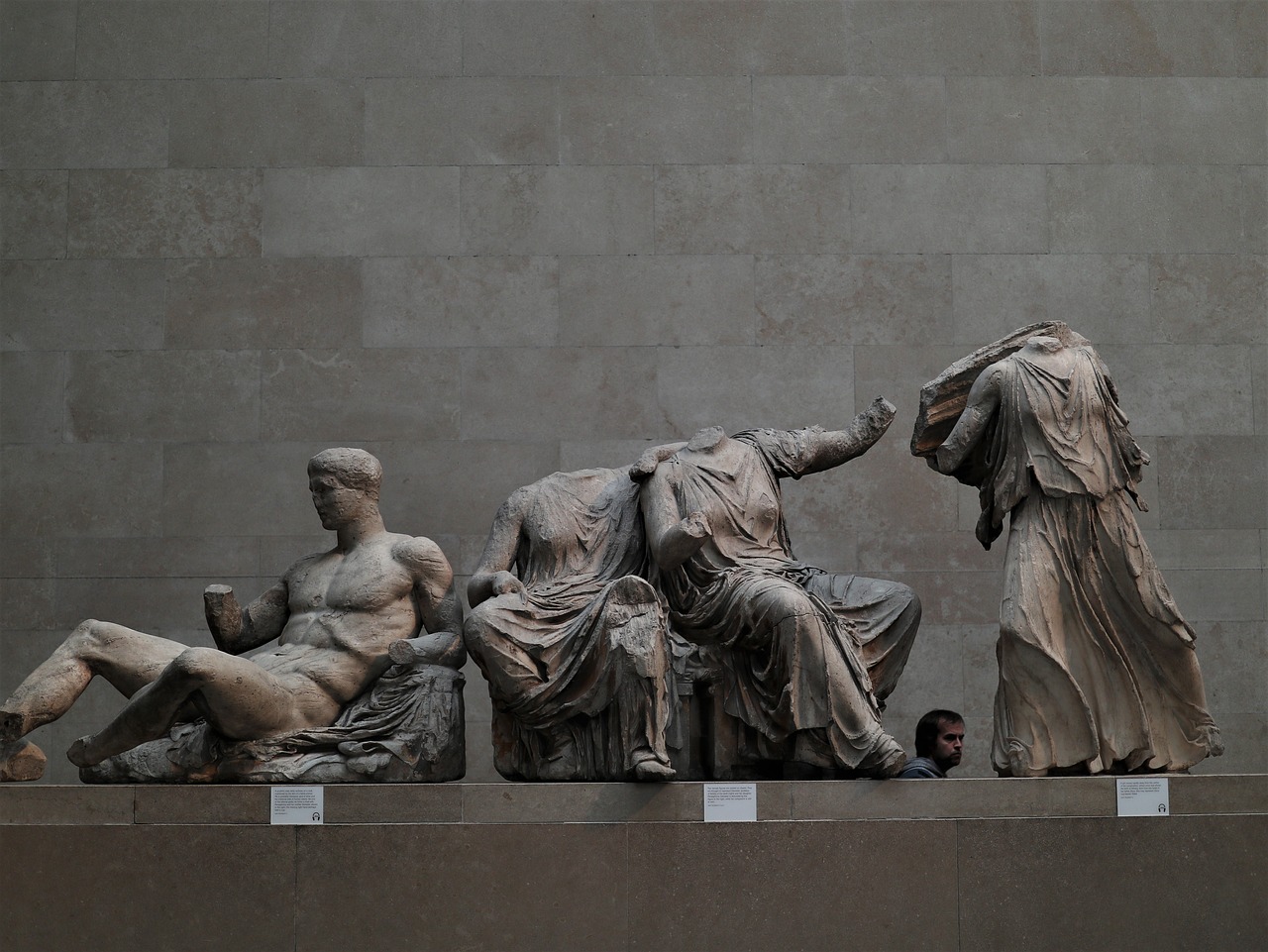
DIONYSUS: The God of Wine and Festivity Dionysus, also known as Bacchus, is revered as the Olympian deity of wine, vegetation, joy, revelry, and ecstasy. His portrayals vary, with depictions ranging from an elderly bearded figure to a youthful, effeminate beauty adorned with flowing hair. His most significant symbols include the thyrsos, a staff topped…
-
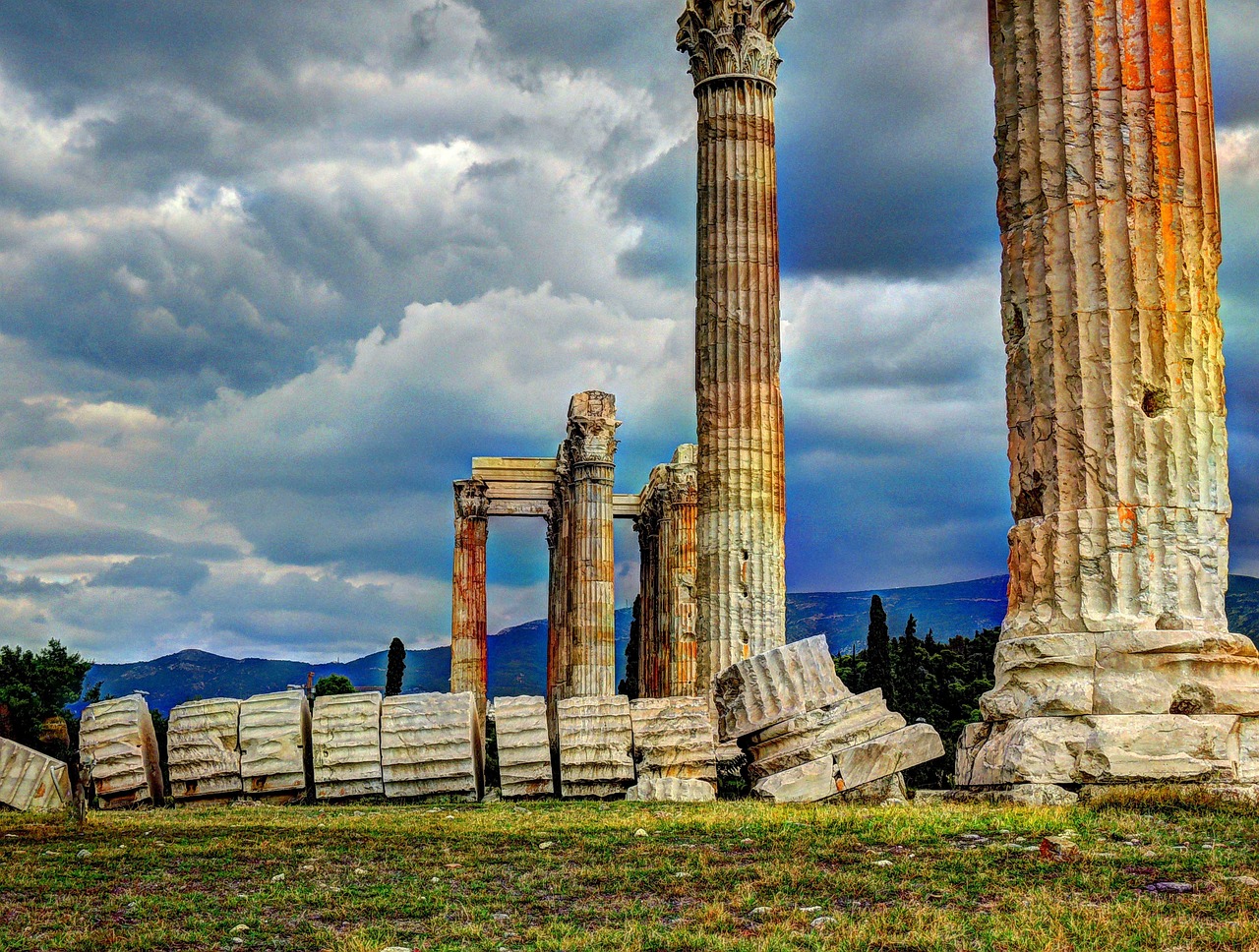
Understanding Zeus: The Reigning Olympian Zeus, known as Jupiter or Jove, occupies the esteemed position as the King of the Gods within Greek mythology. He symbolizes power over the sky, weather, law, destiny, and kingship. He is traditionally portrayed as an imposing, dignified figure adorned with a dark beard. His quintessential symbols include the lightning…
-
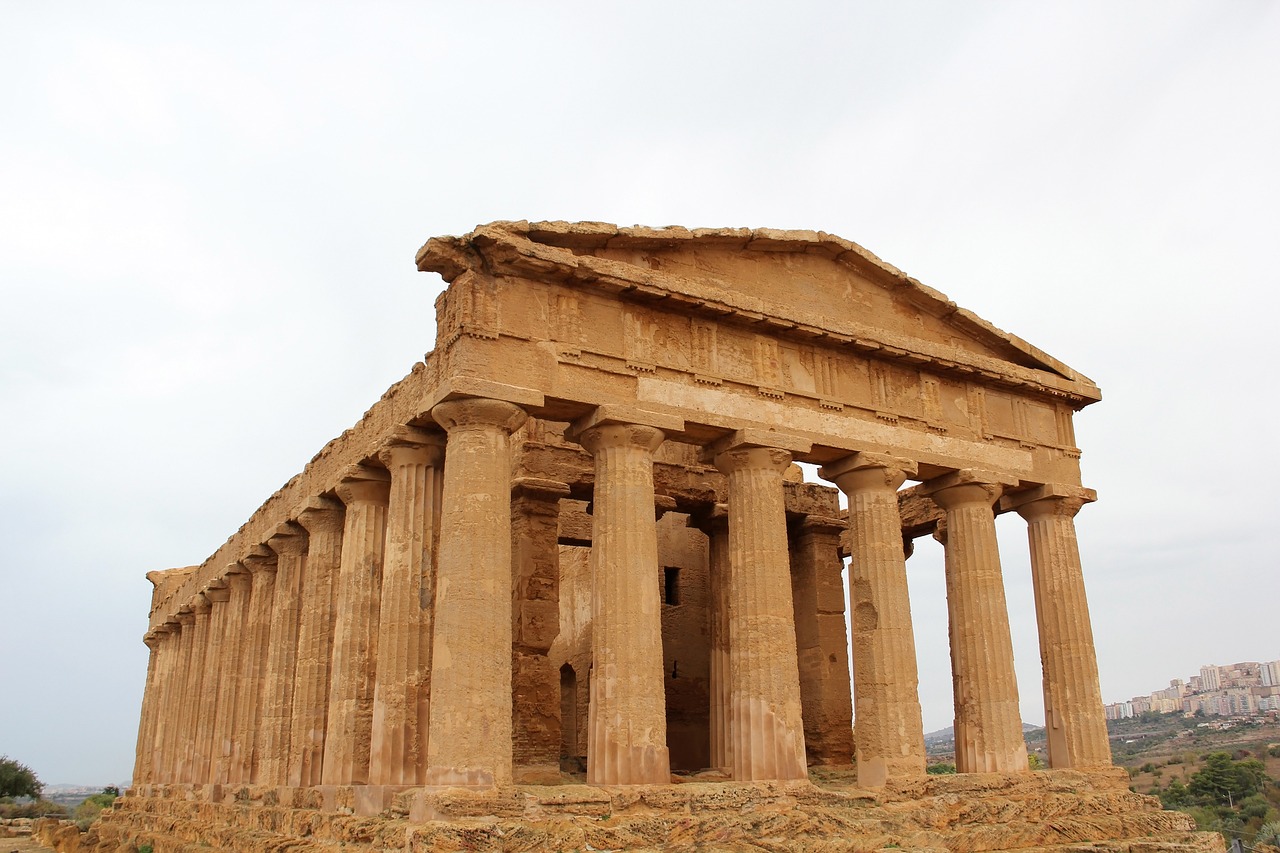
Heracles, a celebrated figure from Greco-Roman mythology, is best known as the son of Zeus and Alcmene, who was a descendant of Perseus. Zeus had vowed that the next child born from the Perseid lineage would rule Greece. However, due to the jealous machinations of Hera, another child named Eurystheus was born first, seizing the…
-

In ancient Greece, mythology served as both a historical record and a framework for shaping political ideologies. Unlike the contemporary understanding of the term “myth,” which often implies fiction, ancient myths were considered an alternate reality. The emergence of Theseus as a prominent national figure in Athens can be traced to various historical and political…
-

The Clash of Gods and Titans In an age devoid of humans, the realm was governed by the Gods and the Titans. The Gods, formidable entities wielding tremendous might, were led by Zeus, while the Titans, ancient giants steeped in power, vied for dominion in a protracted and fierce conflict. Among them were twin Titans…
-

Dreams are fascinating hallucinatory experiences that occur during sleep, engaging humans with their enigmatic nature throughout history. They have inspired a wide range of beliefs, fears, and theoretical explorations that attempt to uncover their essence. While categorizing dreams can introduce some limitations, they are generally seen as reflections of reality, predictive insights, healing encounters, or…


